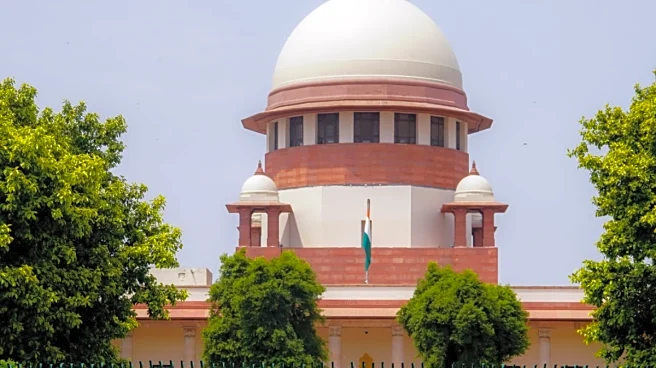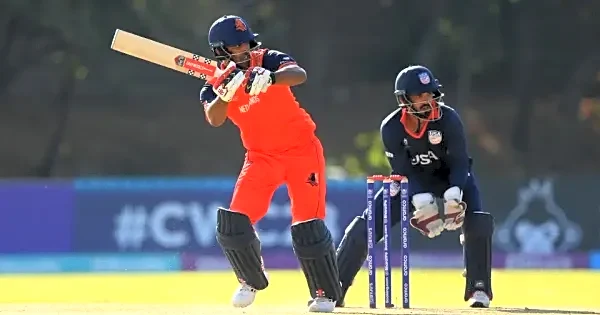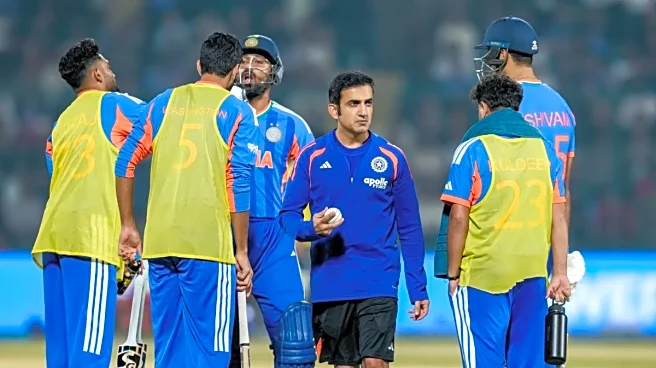The Supreme Court has approved significant revisions to the Graded Response Action Plan (GRAP) for the National Capital Region, enabling stricter pollution-control measures. The changes, proposed by the Commission
for Air Quality Management (CAQM), come as toxic winter air in Delhi shows no improvement.
What is the new GRAP rule?
Under the revised framework, several directives previously reserved for Stage 4 (AQI above 450) may now be imposed at Stage 3 (AQI 401–450). Similarly, Stage 3 measures will be applied at Stage 2 (AQI 301–400), and Stage 2 directives at Stage 1 (AQI 201–300).
A bench of Chief Justice of India Bhushan R Gavai and Justice K Vinod Chandran said proactive steps to cut pollution were welcome, adding that CAQM must consult all stakeholders while finalising changes.
The commission’s proposals include advisory decisions on limiting office attendance to 50% when Stage 3 is invoked, and introducing staggered timings for public offices at Stage 2, instead of Stage 3 as earlier. CAQM clarified that these remain advisories rather than mandatory orders.
Schools advisory
The Supreme Court also asked CAQM to consider directing schools in Delhi-NCR to postpone outdoor sports competitions scheduled for November and December. The concern was raised by amicus curiae Aprajita Singh, who argued that children were being forced to train in conditions that “resembled gas chambers”.
Following the court’s observation, CAQM convened a meeting with state education departments, the Sports Authority of India and pollution control boards. It subsequently wrote to Delhi, Haryana, Rajasthan and Uttar Pradesh, advising immediate postponement of sports events during peak pollution months.
Instruction for NCR
The revised plan requires NCR states to ensure uninterrupted power supply to prevent the use of diesel generators and to augment public transport with CNG and electric buses. The court also directed Punjab and Haryana to strictly follow CAQM guidelines on stubble burning, noting that a reduction in farm fires had not translated into cleaner air.
Meanwhile, an association of construction workers told the court that subsistence allowances had not been paid despite a week-long ban on construction under Stage 3. The bench instructed all NCR states to disburse payments and file compliance affidavits by the next hearing.
Stating that pollution control cannot be limited to crisis months, the bench decided the matter will now be heard monthly to monitor implementation. The case will next be taken up on 10 December.






/images/ppid_a911dc6a-image-177092774715746114.webp)

/images/ppid_a911dc6a-image-177092767520012684.webp)
/images/ppid_a911dc6a-image-177092763347449403.webp)
/images/ppid_a911dc6a-image-177092652580356823.webp)



